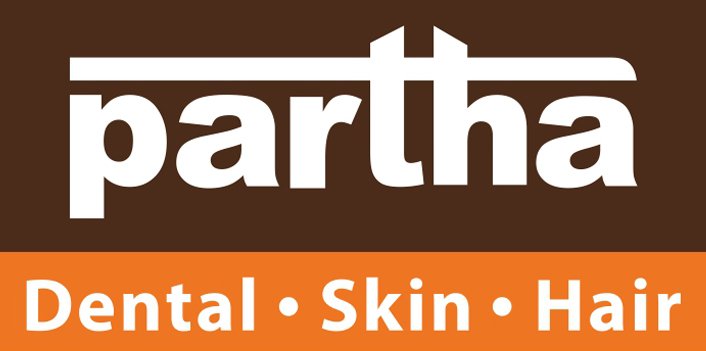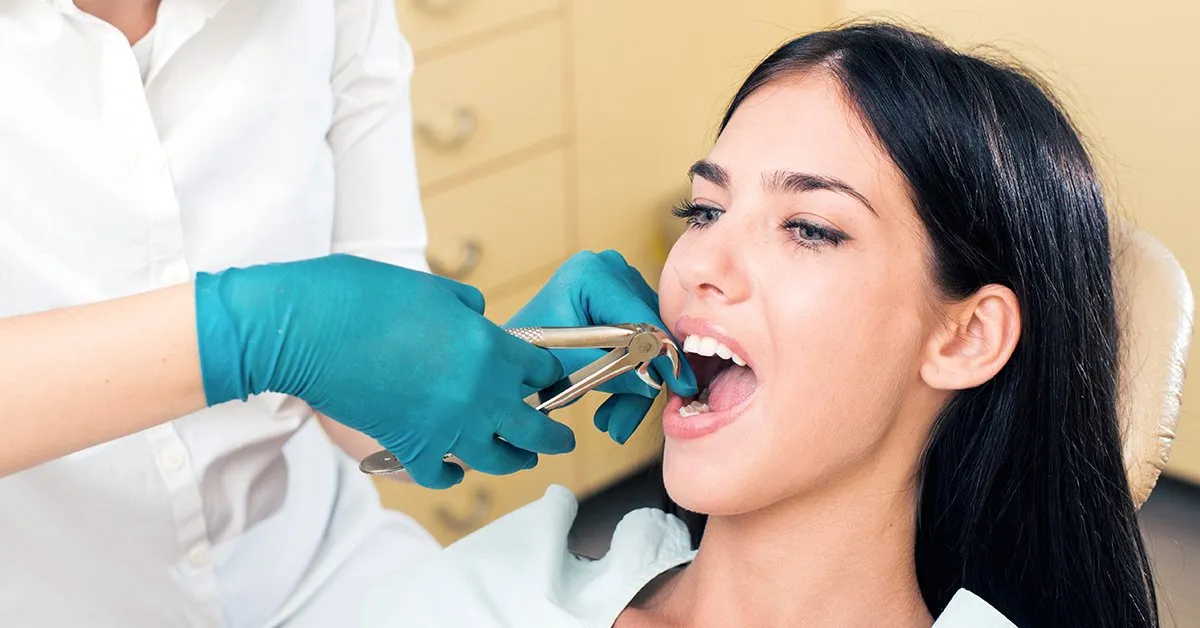Tooth Extraction
Infections, severe tooth decay, and wisdom teeth can only be treated in one way. Tooth extraction sounds excruciatingly painful, but it is necessary to prevent the condition from worsening. When treatment is postponed or avoided, you risk spreading the infection to other healthy teeth, which may also require extraction before they fall out.
When there is no other option, tooth extraction is the last resort. Aside from preventing further tooth decay or bone loss in the jaws, it’s also an essential first step for anyone who needs to lose a tooth or two to make room for braces.
Because oral health is linked to overall health, patients undergoing chemotherapy, organ transplantation, or other treatments may require dental extraction. This is when compromised teeth must be extracted in order to keep the mouth healthy and prevent the spread of harmful bacteria and diseases.
Was a tooth extraction recommended by your dentist? Here’s everything you need to know to be prepared, recover faster, and avoid future dental problems:
How is a tooth extracted?
Tooth extraction, like any other dental procedure, is performed by a dentist or oral surgeon. It is now a relatively quick and painless outpatient procedure performed under local, general, or IV anaesthesia.
However, keep in mind that tooth extraction is best for decayed, infected, or crowded teeth; broken, impacted, or misaligned teeth growing below the surface of the gums may necessitate a more invasive procedure to repair.
What should I do to get ready for a tooth extraction?
It’s normal to be nervous before having a tooth extracted, but following your dentist’s instructions makes all the difference in a quick and painless recovery. Make an appointment for your regular check-ups before the extraction, as your dentist will need to take X-rays to plan for a safe and smooth dental procedure.
This is also an excellent time to inform them of any medications, vitamins, supplements, or over-the-counter medications you are currently taking. In addition, any other medical conditions, such as a congenital heart defect, diabetes, liver disease, thyroid disease, hypertension, and others, should be addressed to avoid complications.
If the dental procedure is expected to take a long time, your dentist may also prescribe antibiotics prior to the extraction. Also, if you have a current infection or a specific medical condition, as well as a history of a weakened immune system.
On the day of the extraction procedure,
On the day of your tooth extraction, there are a few things you should keep in mind to ensure its success and your overall comfort.
As a general rule, avoid eating or drinking 6-8 hours before, and avoid smoking. If your dentist has indicated IV anaesthesia, you may also need to wear short-sleeved or loose-fitting clothing; if you are receiving general anaesthesia, make arrangements for a family member or friend to drive you home.
To avoid complications, notify your dentist if you have a cold so that they can reschedule your appointment, as well as if you had vomiting or nausea the night before so that they can arrange for a different type of anaesthesia.
What is the procedure for extracting a tooth?
Depending on the condition that necessitates a dental extraction, your dentist may recommend a simple or surgical extraction. Your dentist will examine the tooth to see if it is visible or impacted.
Simple Extraction
To numb the surrounding area, a local anaesthetic will be administered. During the procedure, you will only feel light pressure and no pain. Your dentist will use an elevator to loosen the tooth from its socket before removing it with forceps.
Surgical Extraction
If you have pre-existing conditions, your dentist may use a combination of local and IV anaesthesia to numb the area and put you to sleep, or general anaesthesia. Once these have been safely administered, your dentist or oral surgeon will make a small incision into the affected gums and may even remove surrounding bone or cut the tooth to extract it.
What are the disadvantages of tooth extraction?
This dental procedure is generally safe and effective because it is widely used to treat decayed, infected, or impacted teeth. Because dentists and oral surgeons have been doing this for a long time, you can be confident that complications are unlikely.
It is normal for a blood clot to form in the socket from which the affected tooth was extracted. This encourages rapid healing and recovery. A dry socket occurs when the bone inside the socket is exposed because a clot does not form or is dislodged. Call your dentist right away so that they can apply a dressing to the exposed area to aid in the formation of a new blood clot.
Aside from a dry socket, you should contact your dentist right away if you have prolonged bleeding, fever and chills, nausea or vomiting, cough, chest pain and shortness of breath, swelling or redness. These symptoms indicate an infection or complication that must be treated immediately.
How long does it take to recover from a tooth extraction?
Although it may sound frightening, tooth extraction is a simple procedure. It only takes a few days to recover, but only if you do your part to make the process go smoothly.
Your dentist will place a gauze pad over the extraction site IMMEDIATELY AFTER THE DENTAL TOOTH EXTRACTION PROCEDURE. You will be told to bite down on it to stop the bleeding and allow the clot to form. Make sure the pad is on for at least 3-4 hours, or until it is soaked. To reduce swelling, apply an ice pack to your cheek for 10 minutes at a time.
Avoid strenuous activity for the next 24 hours following the procedure; instead, rest, ideally with a pillow to prop your head up when lying down. Use straws sparingly, avoid smoking, and eat only soft foods.
Keep your mouth clean by brushing and flossing normally, but avoid the extraction site and instead rinse with a half-teaspoon of salt added to warm water.
Take any medication prescribed to you, including pain relievers, and keep an eye out for signs of infection, such as fever, pain, or pus. Inform your dentist if you experience any of these symptoms to avoid further complications. Follow these aftercare instructions to recover quickly and RESTORE YOUR STRONG AND HEALTHY SMILE.
Call Partha Dental to learn more about this dental procedure and to get helpful tips to ensure its success and a smooth recovery.
EMI Options Available:
From root canals to dental implants and basic oral hygiene, you can get the best dental treatments at reasonable prices. Now you can pay for your treatment in easy monthly instalments (EMI).




